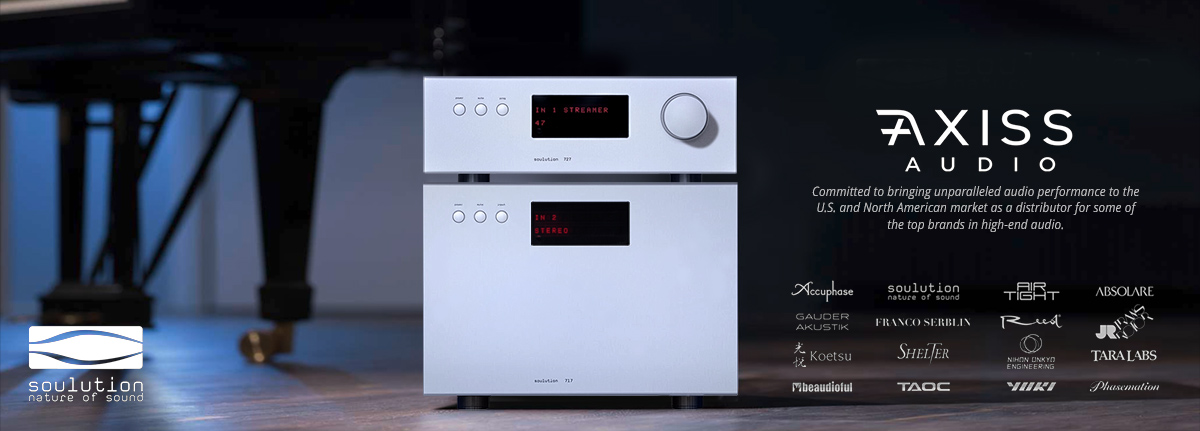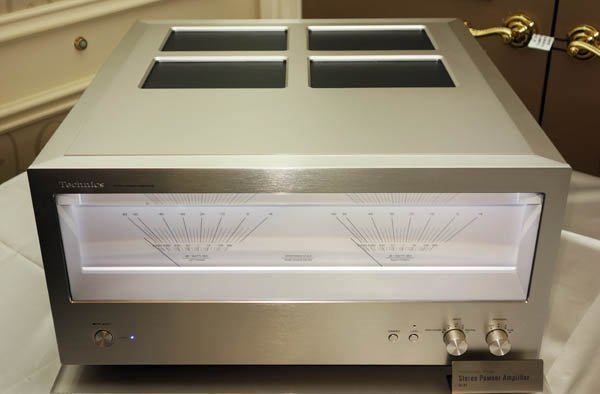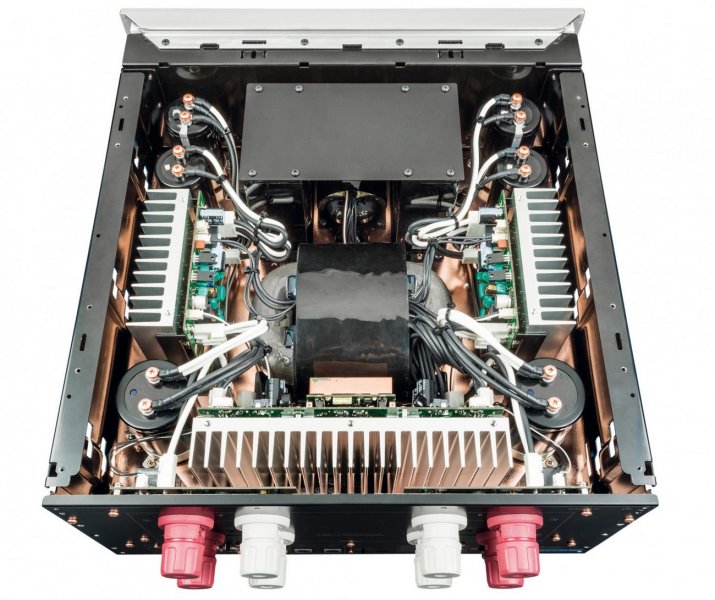I don't know how class D amps are made. Is there a hybrid where the front end is tube and the power end is Class D.
If you wanted to, yes, but I can't think of a reason to do that.
I’ve not seen any evidence that tube amps are on borrowed time. What have you seen to make you say that?
You have to consider that we've been making class A triode zero feedback OTLs for nearly 50 years. We've had lots of opportunity to compare them to other tube amps- PP KT88, SET, PP triode, you name it. I own a variety of amplifiers as you might expect. As long as our OTLs and the other amp in the comparison are happy with the speaker load (and this is usually to accommodate the OTLs, which don't like low impedances unless very large), I've yet to hear another amp that actually sounded better. Not saying our amps are the best, clearly I've not heard everything on the planet!! But if we can hear a solid state amp that sounds better in nearly every way (depth, width, detail, lacking brightness, similar smooth midrange, good bass extension and impact) then that suggests to me that tubes insofar as hifi tube power amps are concerned are indeed on borrowed time. The only downside we've heard is that the class D overloads like a conventional solid state amp while the tubes are very graceful about it. So as long as you don't overdrive the class D it seems to be no worries.
So that's the sonic upside. Add to that no degradation over time as tubes age, hardly any heat, instant warmup to sound right, maybe about 5 Watts at idle and seriously, why would you bother with tubes unless you simply are going for the visual aspect? I get that part, but when you know that you can do better when its actually running? The bottom line still has to be the sound, doesn't it?
why only 100W classD modules?? give some more.. at least double them!!
If they measure and sound right then we will.
How important do you think power conditioning is for class D (as opposed to other topologies)? I assume part of the answer is that it depends upon the power grid that feeds your home.
That will depend on the amp. Self-oscillating amps will be more immune (due to increased noise rejection properties) to the power line vagarities; zero feedback class D amps will benefit more. The PS Audio power re-generators can regulate line voltage and that's good if you have issues with power line voltage.
Wow! I find this to be a shocking prediction coming from you!

Nothing to be sad about! Apparently a lot of people are surprised by my attitude in this regard- and quite a few also that that we even had a class D project. Apparently there is this story out there that if you make tube amps you're somehow inherently unable to do design work or something, and maybe even have a bias. From a personal perspective, I find that being pragmatic has helped me more than hindering me in my own personal quests.
For the real Human touch to sound reproduction top tube designs are unparalleled .

I used to think that too- I call it 'emotional involvement'. When the music is processed in the limbic centers of the brain rather than the cerebral cortex (the latter which happens when things don't sound right to the unconscious mind) then you get increased emotional awareness in the music- toe tapping, tears, that sort of thing.
The truth of the matter is when the music is right, not due to a particular form of amplification!
I cannot imagine that the current best Class D amps sounds better that expensive high end Class A and tube amps.
I haven't read any user/owner comments that Class D sounds better than other topologies
The thing to understand here is that class D amps vary in sound more widely than any other amplifier class. From the worst cheapest tube amp to the best you can think of, that variation is not as wide as class D! So a blanket statement about the technology's 'sound' is going to be inherently false (other than this one

).
How would a 1940s tube amp still in service today ( with minor repairs and recaps ) rate against a pallet full of technology used and dumped over the years?
If we are being honest about keeping a 1940s amp in service, the 'minor' repairs are not that minor! Just to put an ST70 back in service after sitting somewhere unused for 30 years costs more than the amp cost when new. A 1940s amp might have exotic tubes that are no longer made or are very expensive (since a 1940s amp
may not even have octal tubes in it depending on when it was built). Its likely to need more work than an ST70, since a good number of resistors and those dreadful paper and wax capacitors inside will also have to be replaced along with switches and wiring. A lot of those older parts are far more toxic than newer parts- remember PCBs?
But I get the part about keeping stuff out of the waste stream! That is part of why we've had our update-with-warranty-reactivation program for all our products for the last 40 years. But that doesn't keep stuff out of the waste stream- at worst it means a chassis and transformers
aren't thrown out along with everything else.
Now days even solid state gear can be so old it needs renovation! I've had to renovate all the synths I play in my band along with some of the effects pedals. Eventually newer class D amps will be so old they will need new filter caps too. If the module fails, depending on who made it it will be repairable, if not, a new module could be installed.



















